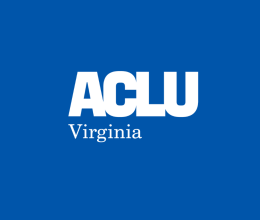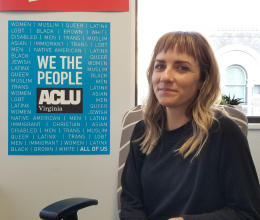
Attorney's Fees and Buckhannon
How the Supreme Court (with help from the Fourth Circuit) erected a formidable barrier to certain civil rights litigation
The fundamental rights protected by the Constitution and civil rights statutes have little meaning unless those rights can be enforced in court. But those most vulnerable to civil rights violations by the government, employers, or landlords are typically those who are least able to pay for attorney. And civil rights cases are often not amenable to contingency arrangements. In some cases, plaintiffs seek not monetary damages but an injunction against an unlawful statute or policy. In other cases, the plaintiff’s injury – say, being stopped by the police on the basis of race, or being chilled in the exercise of free speech – is not concrete enough to yield substantial damages. The doctrines of qualified immunity and sovereign immunity often preclude any monetary damages in many cases against government actors. As a result, except in cases of the most flagrant abuses resulting in serious injury to person or property, it is plaintiffs with meritorious civil rights claims who may not be able to find an attorney.
Printed with permission of The Journal of the Virginia Trial Lawyers Association.
Related content

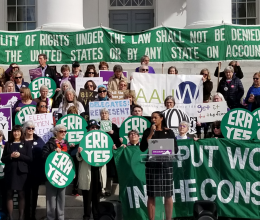
ACLU-VA's Statement on Virginia's Ratification of the Equal Rights...
January 27, 2020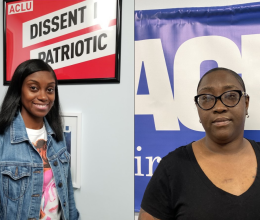
ACLU-VA Files Racial Employment Discrimination Lawsuit Against...
October 1, 2019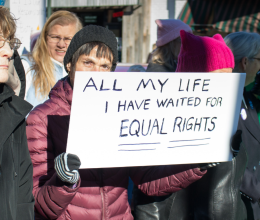
United States Constitution - Ratifies Equal Rights Amendment (2019)
January 4, 2019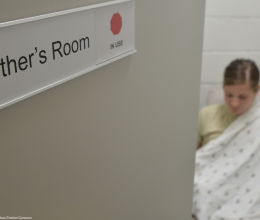
ACLU-VA Asks Gov. Northam to Support Breastfeeding Employees of...
January 4, 2019
ACLU, ACLU-VA Charge Fairfax County Fire and Rescue Department with...
May 23, 2018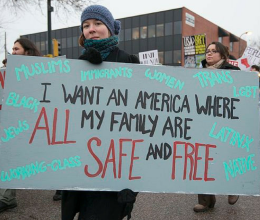
Advocacy Toolkit: "Freedom Cities" Model Policies in Virginia
May 4, 2017